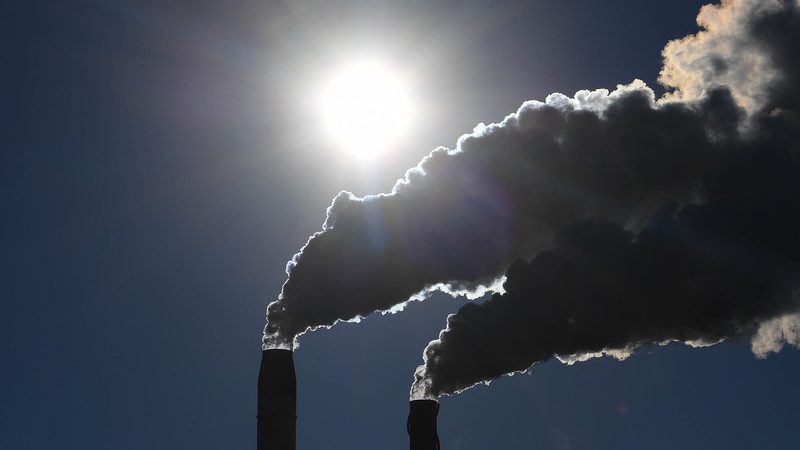The European Commission (EC) has presented its proposal for a new Carbon Border Adjustment Mechanism (CBAM), to become fully operational from 2026, Kallanish learns from official documents.
The CBAM has been designed to “prevent the risk of carbon leakage and support the EU’s increased ambition on climate mitigation, while ensuring WTO compatibility”, the EC explains.
As a result, importers will need to offset the CO2 emissions linked with the production of the purchased good by buying emissions certificates as if the goods were produced in Europe. If the non-EU supplier can demonstrate that emissions certificates equivalent to the European ones have already been paid for, these will be deducted by importers.
“Under the Commission’s proposal, importers will have to report emissions embedded in their goods without paying a financial adjustment in a transitional phase starting in 2023 and finishing at the end of 2025, giving time for the final system to be put in place,” a Commission statement explains. “Once the definitive system becomes fully operational in 2026, EU importers will have to declare annually the quantity of goods and the amount of embedded emissions in the total goods they imported into the EU in the preceding year, and surrender the corresponding amount of CBAM certificates.”
Carbon steel products will be included in the CBAM, but stainless steel grades, special steels and tubes have not been included as of now. Members of the EU Parliament already voiced their request to include some of the excluded products. Italian members of parliament, for example, sent a letter to ask the EC to include stainless steel in order to support the future of the Acciai Speciali Terni plant.
Emanuele Norsa Italy






